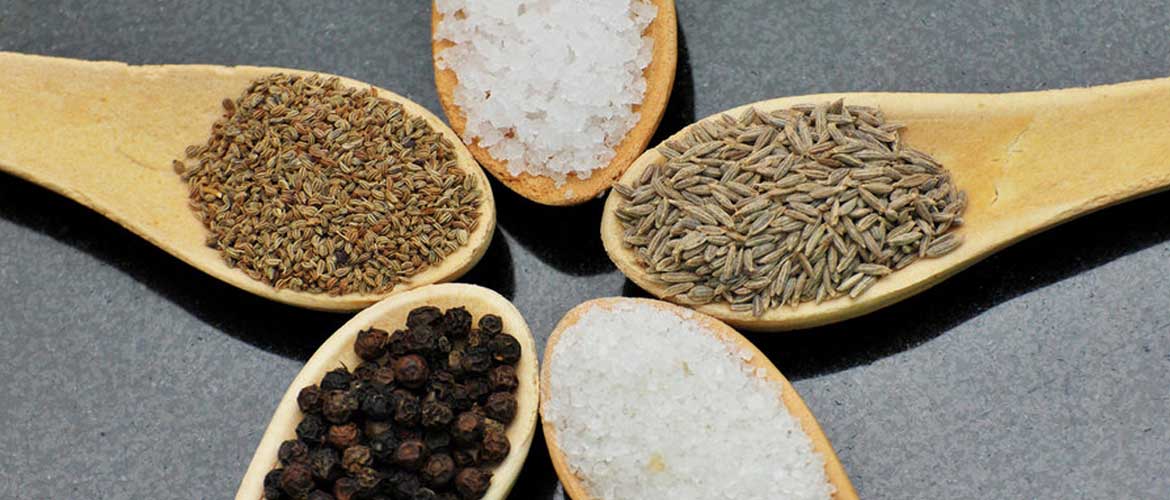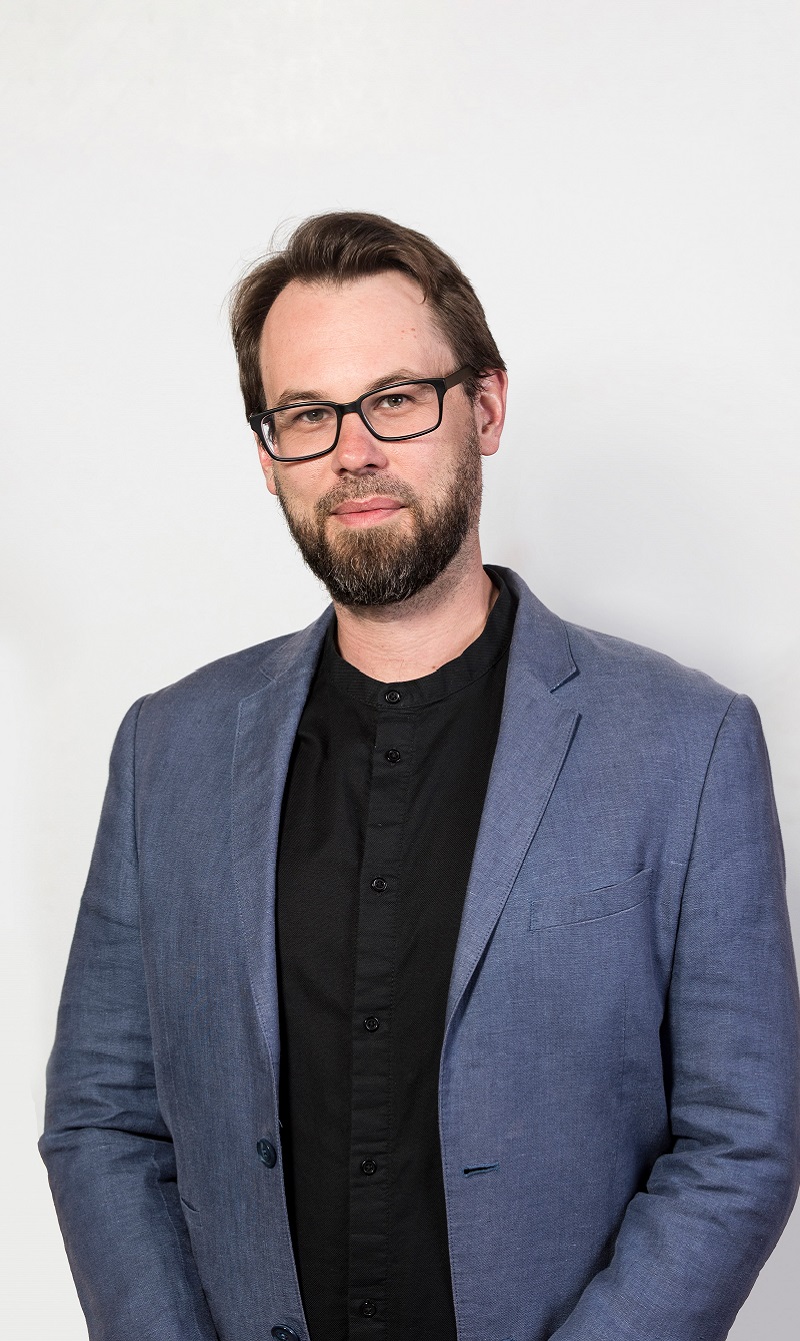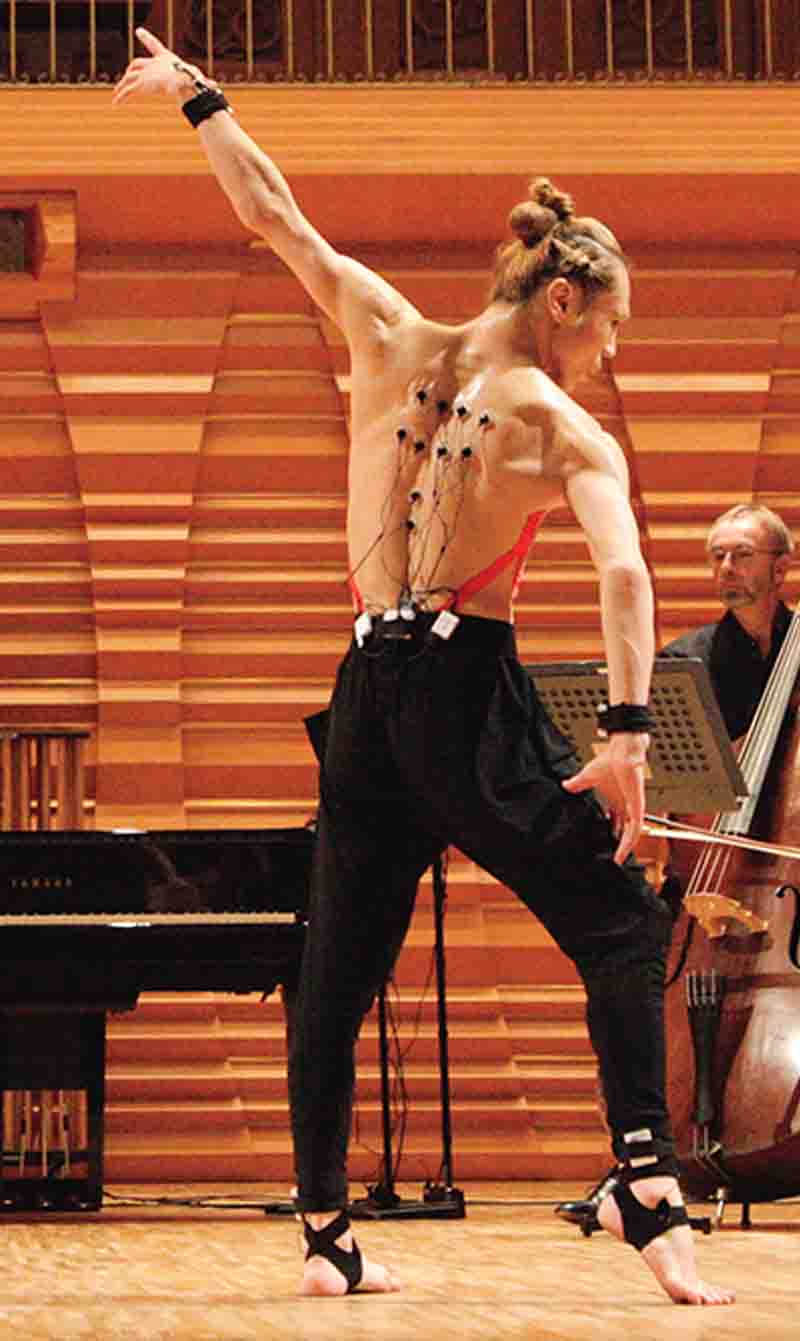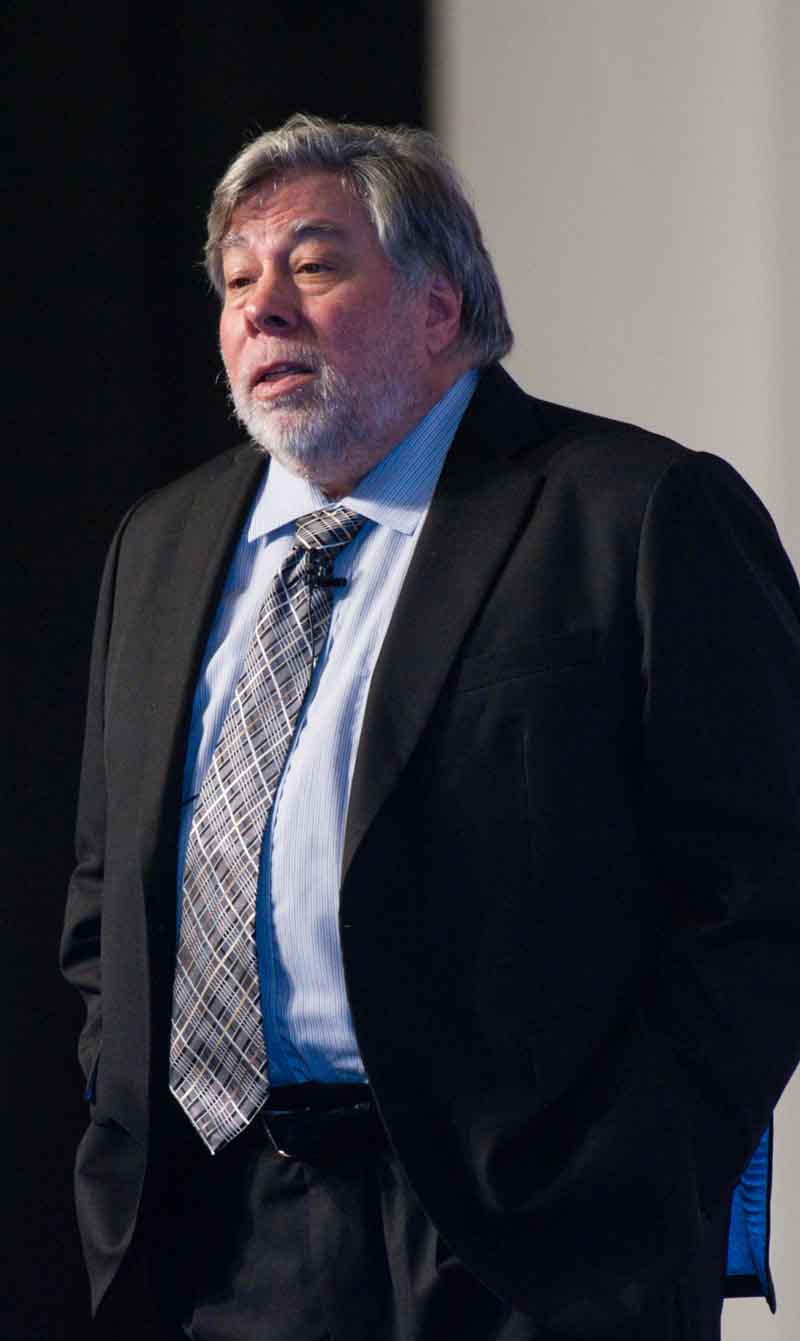The world’s first edible cutlery
The inventor of the first edible cutlery, Narayana Peesapathy, is doing more than providing sustainable solutions, he’s saving more than a spoonful of water by changing farming patterns and creating more jobs in agriculture.
Like many other countries today, India still faces food and water problems. Tackling both of these issues with their tasty and fun invention of edible cutlery are the founders of Bakeys, Narayana Peesapathy and his wife Pradnya Keskar, both passionate advocates for environmentally sustainable solutions.
Peesapathy, who was a researcher at the International Crop Research Institute for Semi Arid Tropics (ICRISAT) Hyderabad in 2006, found that the groundwater levels were reducing in his farm. Water is a non-renewable resource and as the 2017 UN World Water Development Report found, this invaluable resource continues to decrease at unprecedented rates around the world due to global warming effects.
‘It is our responsibility to ensure that the earth is protected because we don’t inherit property, we borrow it from the next generation,’
Peesapathy concluded that producing less rice would help stabilise the groundwater levels. In attempt to shift farming patterns away from water demanding crops like rice to millet, he started to hunt for an innovative solution.
His eureka moment hit in 2006 during a two-hour flight on which he noticed the amount of plastic cutlery served on board and realised how much garbage was going to waste. He remembered a time in one of his field visits when he had ordered roti made of sorghum that was so hard he had to break it into pieces to scoop the dhal and curry then bite into it. He sat on the plane thinking to himself why couldn’t he make spoons, forks and even chopsticks out of millets to replace plastic cutlery.
So, that same year, he went into the kitchen to make his first ever spoon. ‘The kitchen was my first laboratory,’ he said. ‘It’s basically a dough, made out of wheat, rice and millet, I put it into a mould and baked it,’ he explained. Then he took it to his office to show his colleagues. ‘So when are you booking your first private jet!’ They exclaimed, hinting at a business idea that would be the making of him. ‘Everybody thought it would make a lot of money,’ he laughed. ‘So, I quit my job [as a researcher] and set up my company.’
A few years later, in 2010, Peesapathy officially established Bakeys food Pvt Ltd in Hyderabad, in India’s southern state of Andhra Pradesh, where he resided, grew millets and baked the cutlery.
Now they bake them in different sweet and savoury flavours to complement the food. ‘They’re tasty, fun, nutritious and environmentally friendly,’ he said.
The truth and nothing but the truth
He admitted that initially scaling up the company was a big challenge, but the biggest challenge for Bakeys was creating the social awareness about the cutleries sustainability and healthy alternative. Initially, people didn’t believe the spoons were made out of natural ingredients. ‘Nobody believed me, they thought I must have put some chemicals, preservatives or artificial ingredients, I must have done something, is what they thought,’ he said.
He tried to create awareness through social media and newspapers, people began to know the product exists but nothing big happened until 2016. Although, the first turn around happened in 2015 when a trail of coffee shops and hospitals ordered spoons for their customers and patients. The real turn around happened in March 2016 when someone made a video about his edible cutlery. ‘That went extremely viral,’ he said.
‘It just happened, the day it [the video] was released, I was getting back to back calls the whole day from all over the world. It was crazy,’ he explained that he went from a situation where he couldn’t even sell a hundred spoons a day to getting hundreds of thousands of orders a day.
Several orders started pouring in, even from the same people who had not believed him. ‘Earlier I had a problem with demand, now I have a problem with supply,’ he laughed. ‘There are just too many.’
Since Peesapathy wasn’t able to supply the thousands of orders coming from customers, he created a machine prototype last year to simplify the mass production of spoons. ‘It’s a very interesting thing,’ he pointed out. ‘I got a lot of inputs from a lot of machines, then I put them together and created this machine, it’s not that simple, it’s work in progress, I was learning a lot of things and now the machine is stabilised.’
He said inventing the machine took him a long time because he had to integrate all the processes into one machine. ‘The dough is made in a separate machine and then brought into another machine that bakes it,’ he noted.
He is now looking into a packaging solution that has no plastic at all and then assimilating the packaging process into the machine. He reassured that soon ‘when out comes the spoon, it’ll be packed.’
Impressively, Bakeys cutlery has a shelf life of 3 years and can easily decompose within three to seven days. Unlike plastic spoons, which contributes to all kinds of health and environmental problems including the death of millions of animals on seashores.
Growing sustainably
‘It is our responsibility to ensure that the earth is protected because we don’t inherit property, we borrow it from the next generation,’ he firmly believed.
Peesapathy said there are lots of things that can be done to make a business environmentally sustainable. ‘There is a concentration of brains in the cities. But when a son of a farmer gets educated, he moves to the city. Why is it that the farmers should be deprived of the brains?’ he questioned. He advised people to start moving from urban to rural areas and they will find so many things to do that are environmentally sustainable.
He started his company in a semi manual way, with about 10 employees who made 5000 spoons a day, now the maximum capacity of Bakeys production, thanks to the automated process, is 150,000 spoons per machine, and he has many machines. On the thought of making different products other than cutlery, he said he wouldn’t make plates or other things out of ethical considerations. ‘Because when one eats their food, they won’t have space in their stomach to eat a plate so why should we throw it out,’ he said.
Now Bakeys has over 20 distributors and resellers around the world including Canada, U.S., Singapore, Australia, Dubai and South Africa. He’s currently looking to expand Bakeys farming to other geostrategic locations, to grow and produce crops closer to the customers instead of delivering them all the way from India.
‘In the US and Canada there’s a huge market, even Europe, South Africa and Australia. We’re even making chopsticks, salad bowls for Japan and China,’ he said, indicating the growth potential of Bakeys. ‘Now we are scaling up, and in two or three years down the line we will be scaling out,’ he ended.





